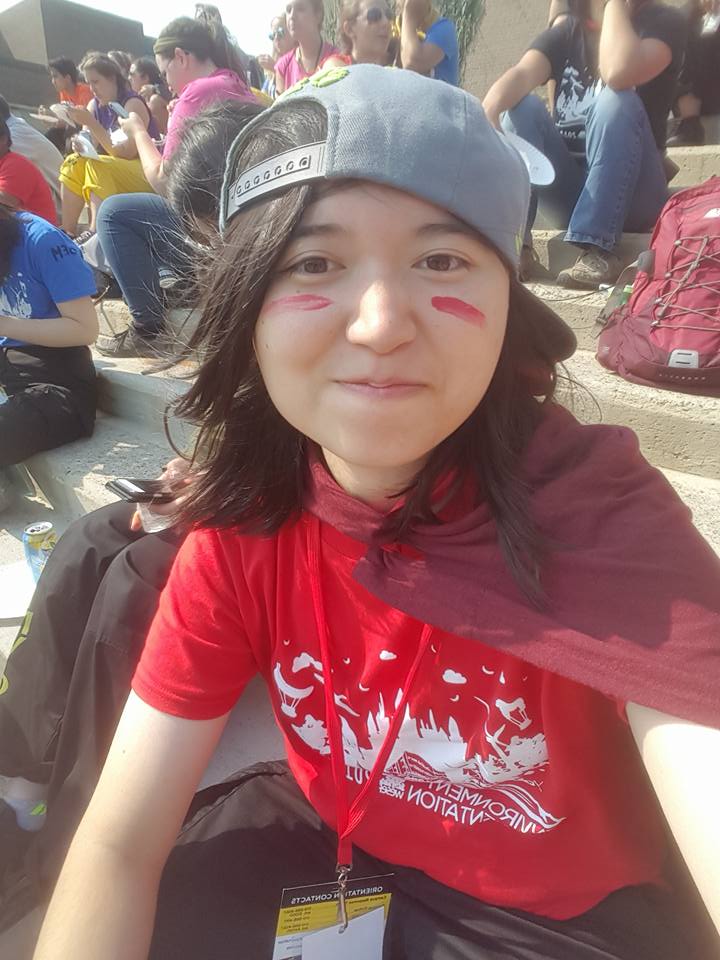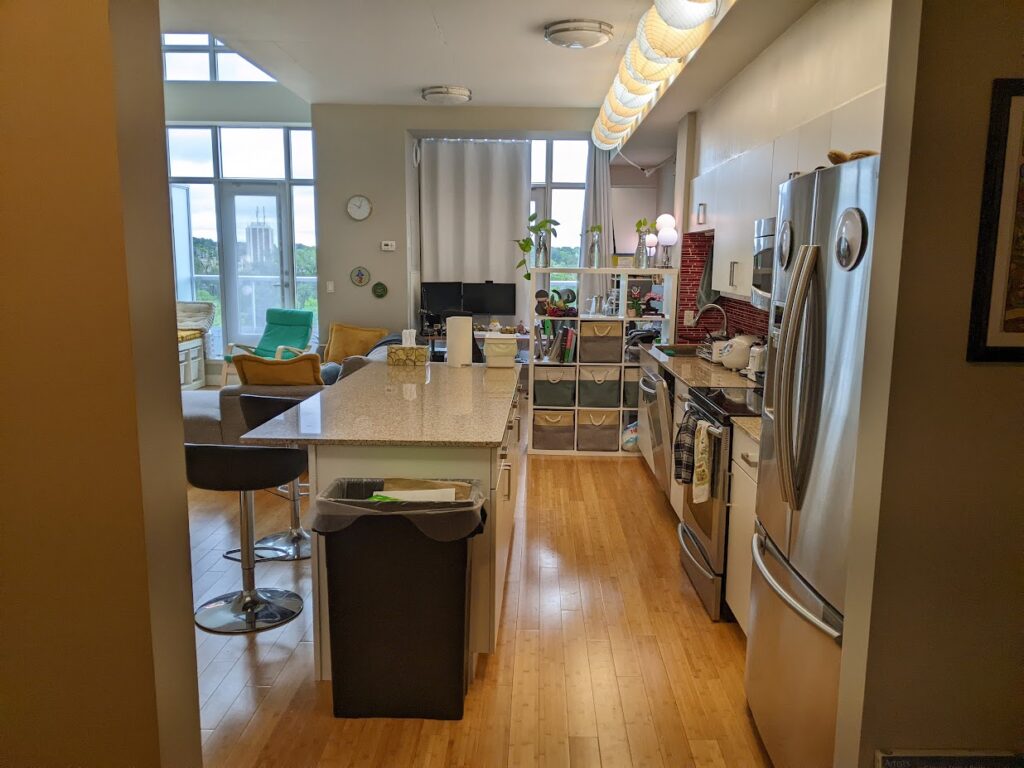Stephanie passed away almost two weeks ago. I didn’t think about, until afterwards, how profound of an impact they had on my life.

Curiosity, relinquishment, lightness, and the other ones when they let me write funnier posts
Stephanie passed away almost two weeks ago. I didn’t think about, until afterwards, how profound of an impact they had on my life.

Lumenators are a piece of folk technology from the rationalist subculture. In short, it is 10+ lightbulbs on a string, to make your living space much brighter than it would otherwise be. The lights are generally cooler toned than your regular yellow bulbs, to emulate sunlight better.
I first made one in January 2019 (I have a pic in this old post), after a disastrous first term of third year, in which I’d failed half my courses and narrowly scraped by the other half due to a really intense bout of antidepressant-resistant SAD.
I’ve had them for 3 years now and my opinion is that literally everyone should own one.1
Listen, when I first made the lumenators, I lived with two guys who were completely functional human beings who weren’t depressed in the least. Idk how to convince you how non-depressed they were – they were doing sports, taking insane courses that required like 40 hours of labs a week, going to, volunteering at, and running major hackathons, putting effort into steadily improving at competitive video games and then road tripping out to tournaments… Living their best university lives, tbh.
These dudes thought that it was overkill that I was shelling out $400 for an assload of bright lightbulbs, command hooks, wiring, and other shit instead of just buying like, two more floor lamps from ikea. Which, fair enough tbh, if you haven’t been lumenated, you probably would think the same.
Two years later we graduated and went our separate ways, and then within like a month of moving into their new apartments they were constructing lumenators of their own because they had SEEN THE LIGHT and realized that standard lighting sucked fucking ass.
Lumenators are good mostly because for 4 accursed months out of the year, the sun sets at a ridiculously early time. When you have lumenators, that sucks a lot less. It genuinely helps, a lot, to have the space you’re in be really bright for an additional 3 hours a day, and make your “sunset” 8pm even though it’s been dark outside since 5.
It also is a great supplemental source of lighting on days where it’s raining or snowing or just heavily overcast. The days where it’s day but the light doesn’t make it into your windows anyways. When you have lumenators, those days become vastly more cheery. When I turn my lumenators on on those days, I get a jolt of happiness.
I actually turn my lumenators on every day. Even when it’s fully sunny outside, my lumenators still manage to brighten up my space appreciably, and I think that’s incredibly sexy of them.
Some miscellaneous tips for creating a lumenator setup for after you read the linked article, if you’re interested in building one:
Bulb Notes
Setup Notes
Anyways, in conclusion, lumenators are great and you should make one. Here’s some pics of mine:


For context, I mostly socialize in upper middle class and tech- and rationalist-leaning circles, and it’s likely that at least some of what I describe are just quirks of my local culture.
—
I have this pet theory that I’ve shopped around a fair bit, that it’s much harder for financially comfortable people to make deep friendships.
What do I mean by a deep friendship? I mean one where you can trust the other person to come through when you need them to. There’s levels to this as well, of course. You probably ask casual friends to help you move, but not acquaintances. Close friends could be people who will let you crash on their couch for two weeks without prior notice or who will lend you rent money for the month. People who live more marginal, riskier lives might think about this in terms of who is willing to bail them out of jail or smuggle them medicine.
The thing is, money exists, and can solve most of your problems better than your friends can. If you can afford it, it’s much less annoying to hire movers, book an airbnb, contact your doctor, or call your lawyer – get professional problem solvers involved, in other words. 1
So this dynamic emerges where my rich friends never ask each other for help, pay for services using money, and never do anything unpleasant for each other, whereas my poorer friends are always doing stuff for each other out of necessity and becoming closer knit in the process.
[This is a good summary of my thesis, you can stop reading at this point if I linked this to you in a group chat or something.]
Continue reading “Rich Friend, Poor Friend”